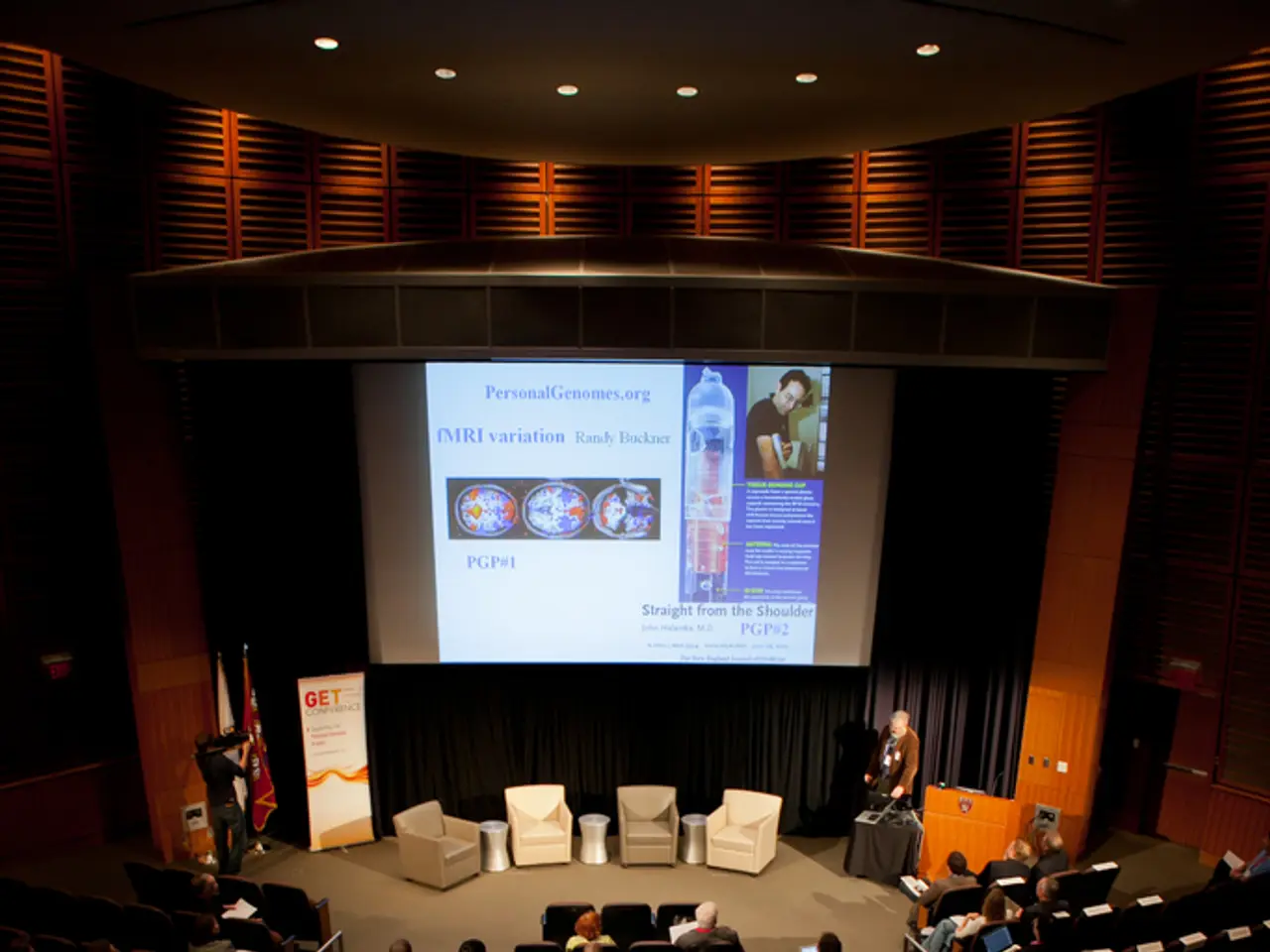Khyber Pakhtunkhwa region is witnessing anxiety due to the dominance of Tablighi Jamaat, as fears of radicalization intensify.
Tablighi Jamaat's Influence Causes Cultural Shifts and Concerns in Khyber Pakhtunkhwa
The Tablighi Jamaat, a global Deobandi missionary movement, is currently experiencing significant growth in the Khyber Pakhtunkhwa (KP) province of Pakistan. Founded in 1926 and headquartered in Raiwind, Punjab, Pakistan, the Tablighi Jamaat has a major influence over religious norms and practices in KP.
The group's puritanical preaching has led to cultural shifts toward stricter religious observance in KP, causing concerns about potential radicalization. Activities once central to Pashtun culture, such as visiting shrines, enjoying music, and playing sports, are now being branded as sinful by the Tablighi Jamaat. This transformation has drastically changed the local lifestyle and cultural landscape.
The Tablighi Jamaat's influence is also seen as part of Pakistan's broader project to reshape the region's culture. Critics argue that the Tablighi Jamaat nurtures a mindset receptive to Taliban influence. The group's close alignment with the Pakistan state's Islamisation project dates back to the 1980s, when it was used to recruit Pashtun fighters for the Afghan jihad against the Soviet Union.
The Tablighi Jamaat's activities in KP are not limited to religious matters but extend to shaping the overall culture. For instance, the group erodes ethnic identity in favor of pan-Islamic loyalty, similar to the Taliban's removal of Afghanistan's national flag. The Tablighi Jamaat's influence is said to have depoliticized Pashtun communities, discouraging discussion of exploitation or military abuses.
The Tablighi Jamaat's rise in KP is a significant concern for the region's embattled Pashtuns. A South Waziristan student lamented that extremism and war have taken away every good thing from them. The student's sentiment reflects the fear that the Tablighi Jamaat's influence in KP is contributing to the reshaping of a distinct Pashtun culture into a tool for Pakistan's Islamist and geopolitical ambitions.
In contrast, other reports highlight faith-based initiatives in KP aimed at social cohesion and interfaith harmony, suggesting a complex religious landscape, though these are not directly connected to the Tablighi Jamaat’s impact on radicalization. The consequences of the Tablighi Jamaat's influence are already visible, and its appeal as a "peaceful" alternative to militant brutality has made it a mass movement in the Khyber district. However, the potential for radicalization remains a pressing concern.
References:
- Himal Southasian (2017). "The Tablighi Jamaat in Khyber Pakhtunkhwa: A Growing Presence and Its Implications". Retrieved from https://himalmag.com/articles/the-tablighi-jamaat-in-khyber-pakhtunkhwa-a-growing-presence-and-its-implications
- Ahmed, S. (2018). "The Tablighi Jamaat: A Force for Change or Radicalization in Khyber Pakhtunkhwa?". Retrieved from https://thediplomat.com/2018/05/the-tablighi-jamaat-a-force-for-change-or-radicalization-in-khyber-pakhtunkhwa/
- Khan, A. (2019). "Faith-Based Initiatives in Khyber Pakhtunkhwa: A Look at Social Cohesion and Interfaith Harmony". Retrieved from https://www.dawn.com/news/1459773
- Rashid, A. (2020). "Jihad Next Door: Pakistan's Religious Parties". Retrieved from https://www.newyorker.com/books/page-turner/jihad-next-door-pakistans-religious-parties
The Tablighi Jamaat's activities in KP extend beyond religious matters, influencing the region's cultural landscape by eroding ethnic identity in favor of pan-Islamic loyalty, similar to the Taliban's removal of Afghanistan's national flag. News reports suggest that the Tablighi Jamaat's influence has depoliticized Pashtun communities, discouraging discussions of exploitation or military abuses.
The group's puritanical preaching has led to cultural shifts toward stricter religious observance in KP, raising concerns about potential radicalization. Activities once central to Pashtun culture, such as visiting shrines, enjoying music, and playing sports, are now being branded as sinful by the Tablighi Jamaat.
The Tablighi Jamaat's attempts to reshape the region's culture are a part of Pakistan's broader project, with critics arguing that the Tablighi Jamaat nurtures a mindset receptive to Taliban influence. The Tablighi Jamaat's close alignment with the Pakistan state's Islamisation project dates back to the 1980s, when it was used to recruit Pashtun fighters for the Afghan jihad against the Soviet Union.
The potential for radicalization remains a pressing concern, as the Tablighi Jamaat's appeal as a "peaceful" alternative to militant brutality has made it a mass movement in the Khyber district. However, faith-based initiatives in KP aimed at social cohesion and interfaith harmony, though not directly connected to the Tablighi Jamaat’s impact on radicalization, suggest a complex religious landscape in the region.







